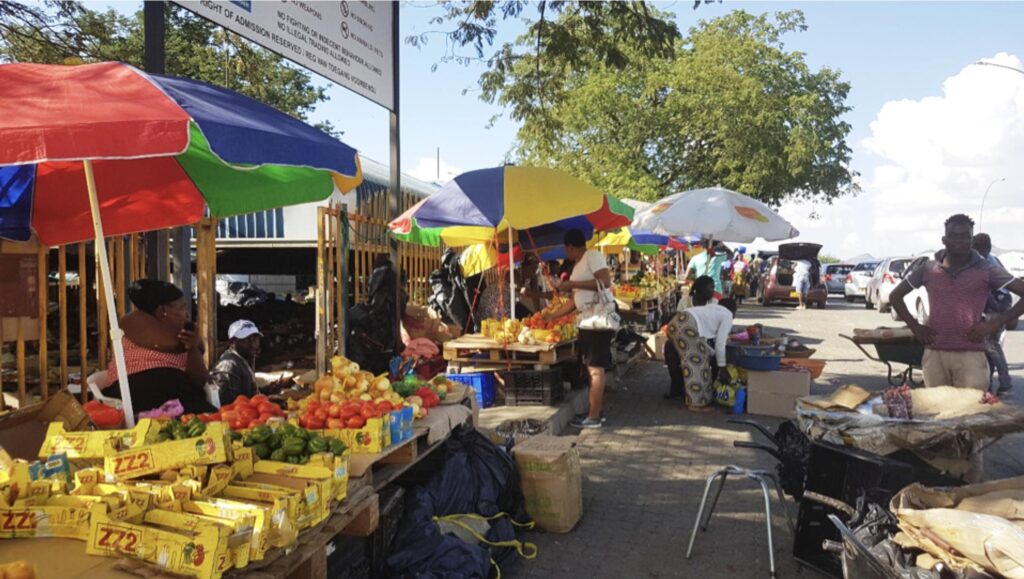Opening Access to Urban Food Security Data in Africa from the Hungry Cities Partnership
The Hungry Cities Partnership (HCP) initiated a 7-year programme of food system research in eight cities of the Global South in January 2015: Mexico City, Mexico; Kingston, Jamaica; Windhoek, Namibia; Cape Town, South Africa; Maputo, Mozambique; Nairobi, Kenya; Bangalore, India; and Nanjing, China. This paper describes the research process in the four African cities of […]
Opening Access to Urban Food Security Data in Africa from the Hungry Cities Partnership Read More »

